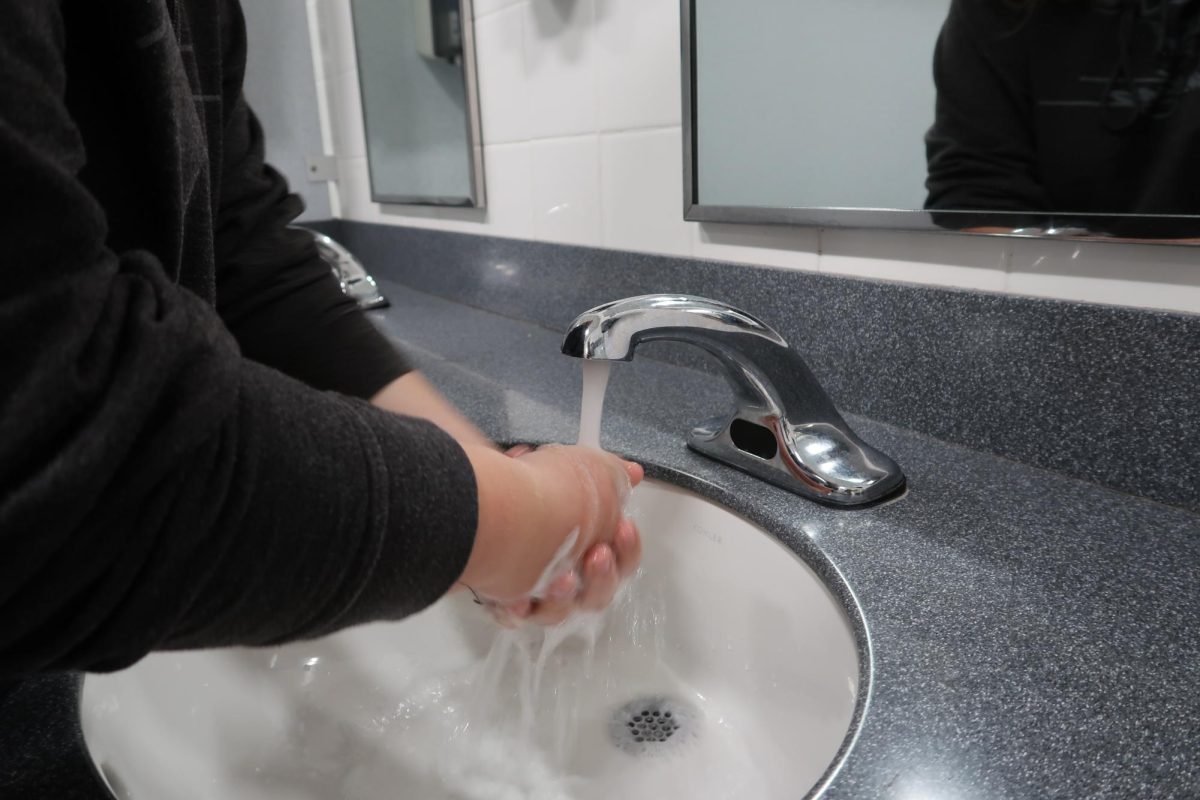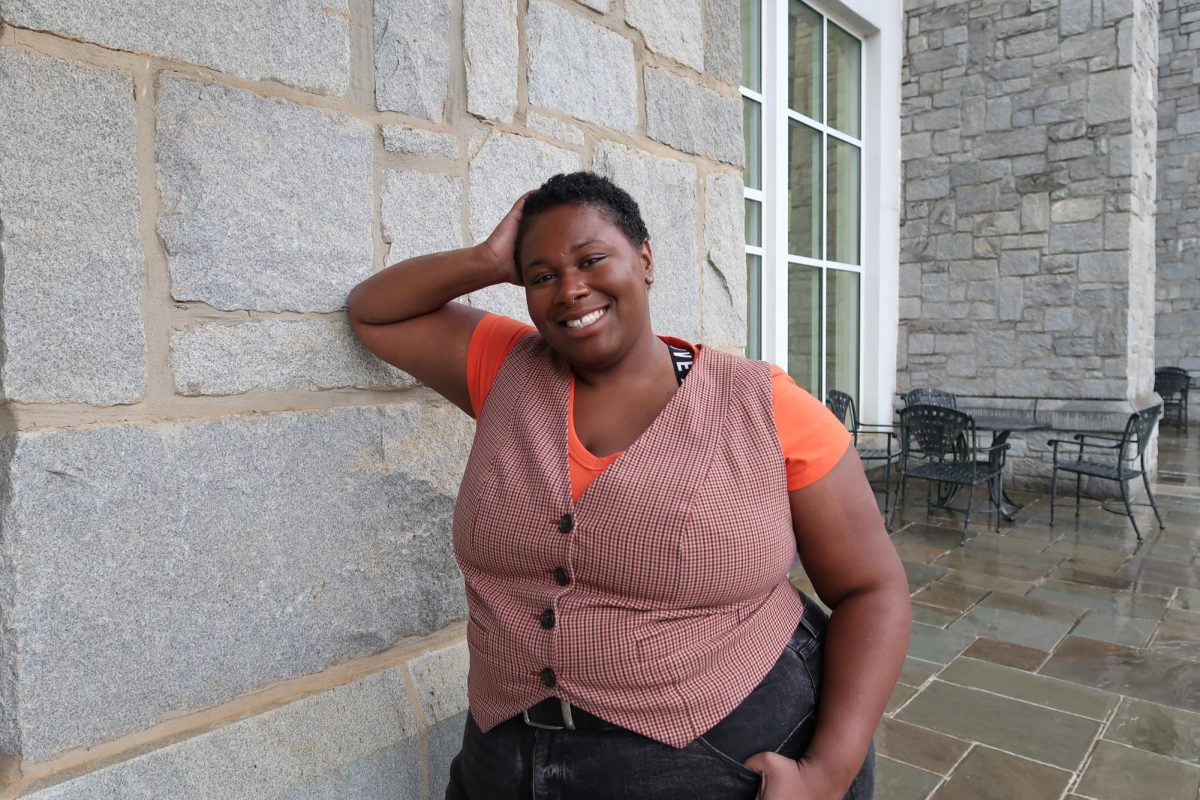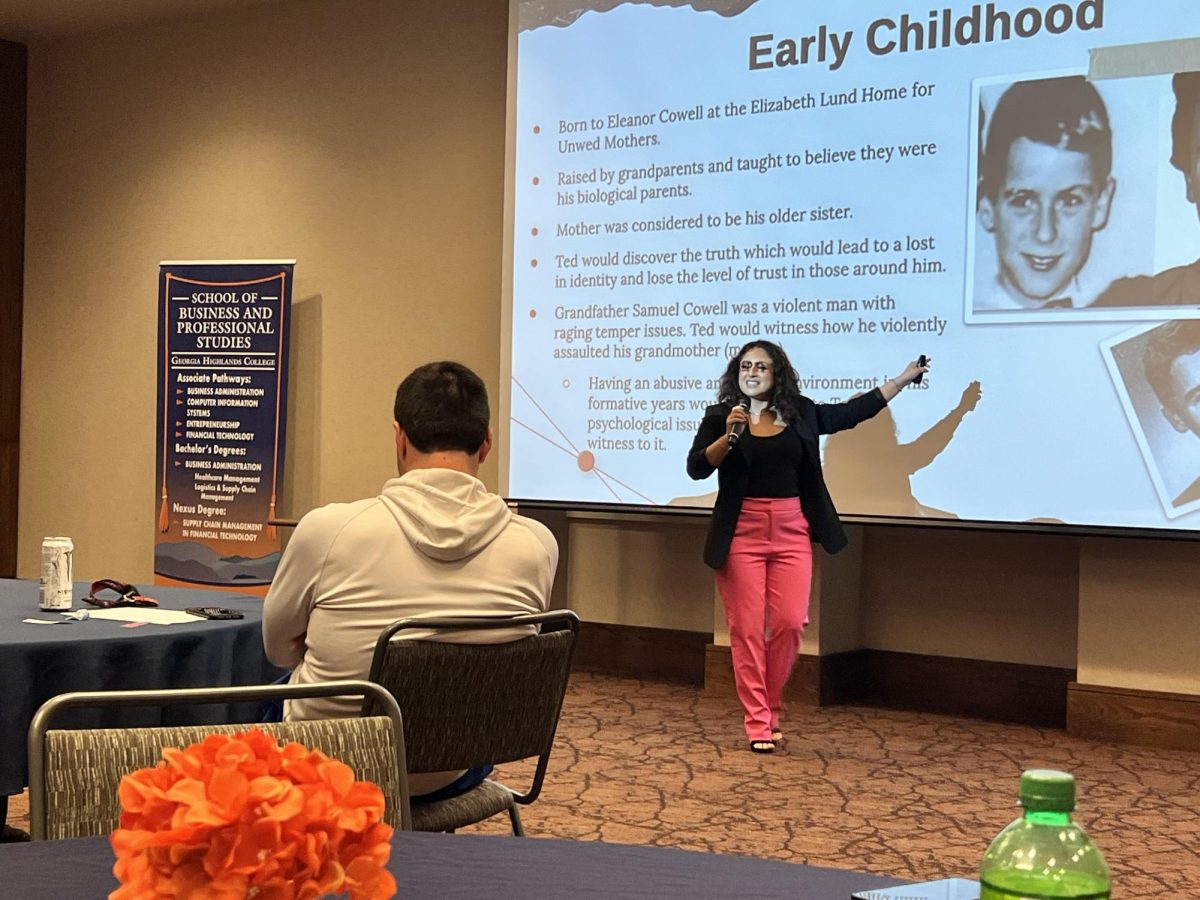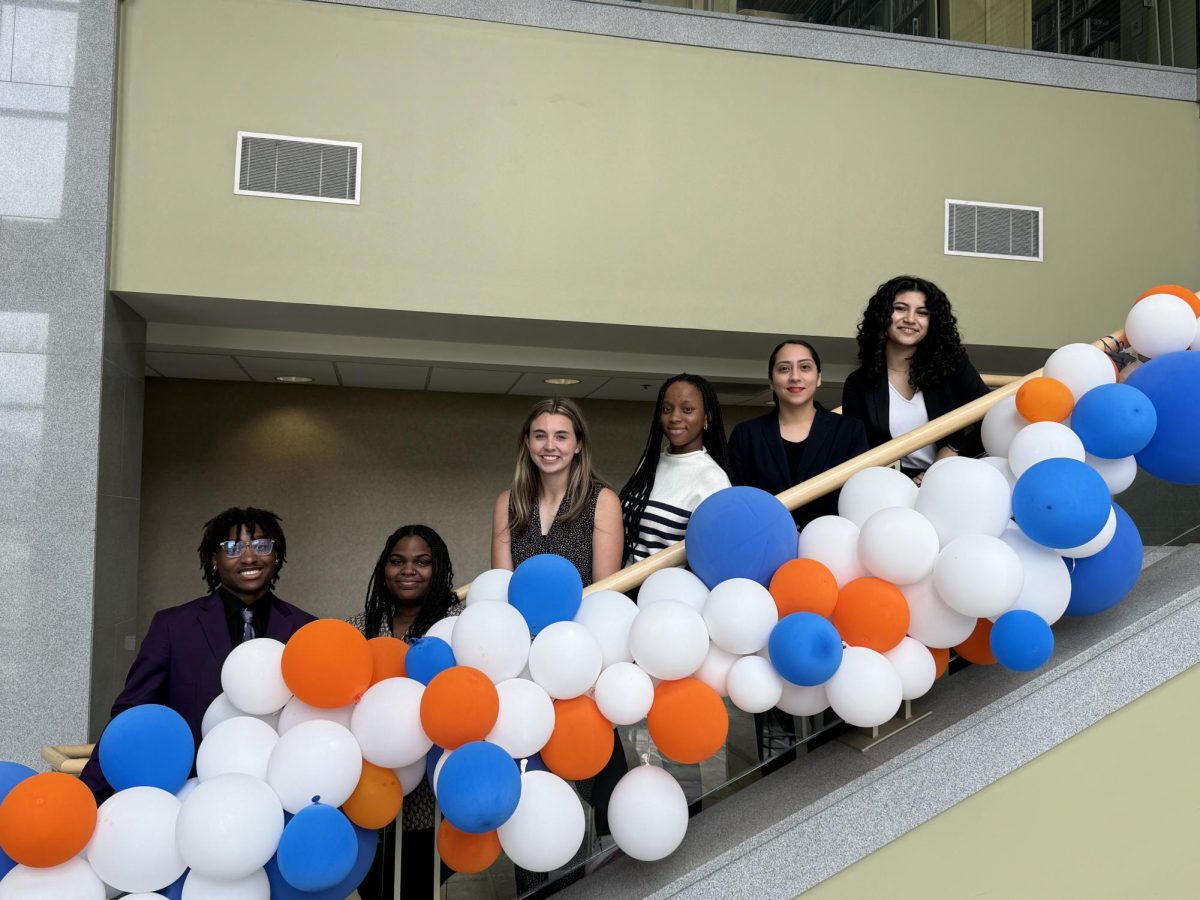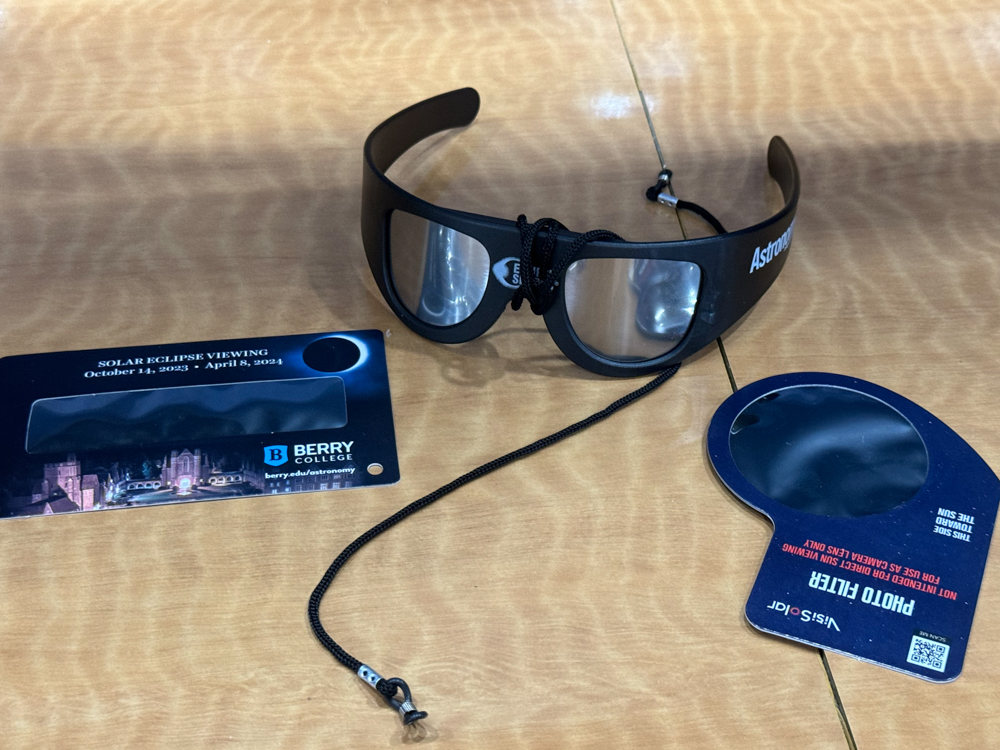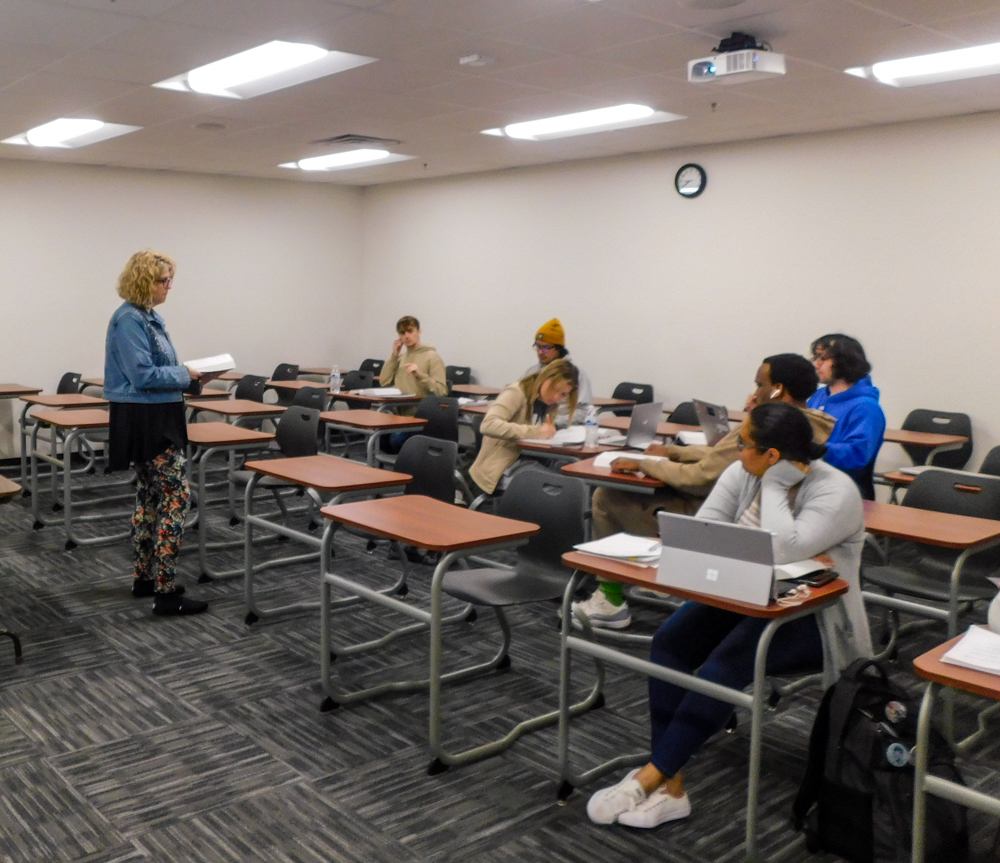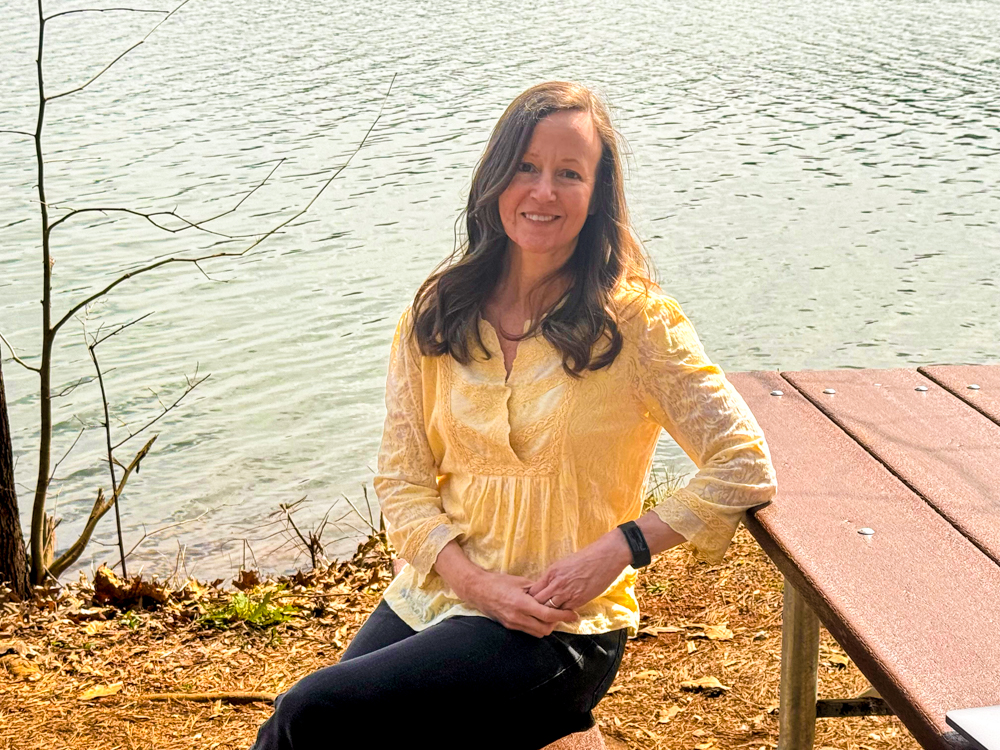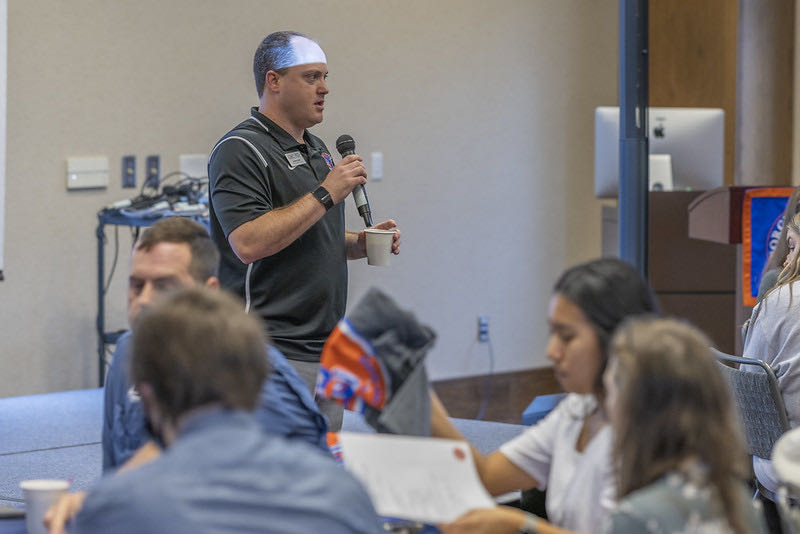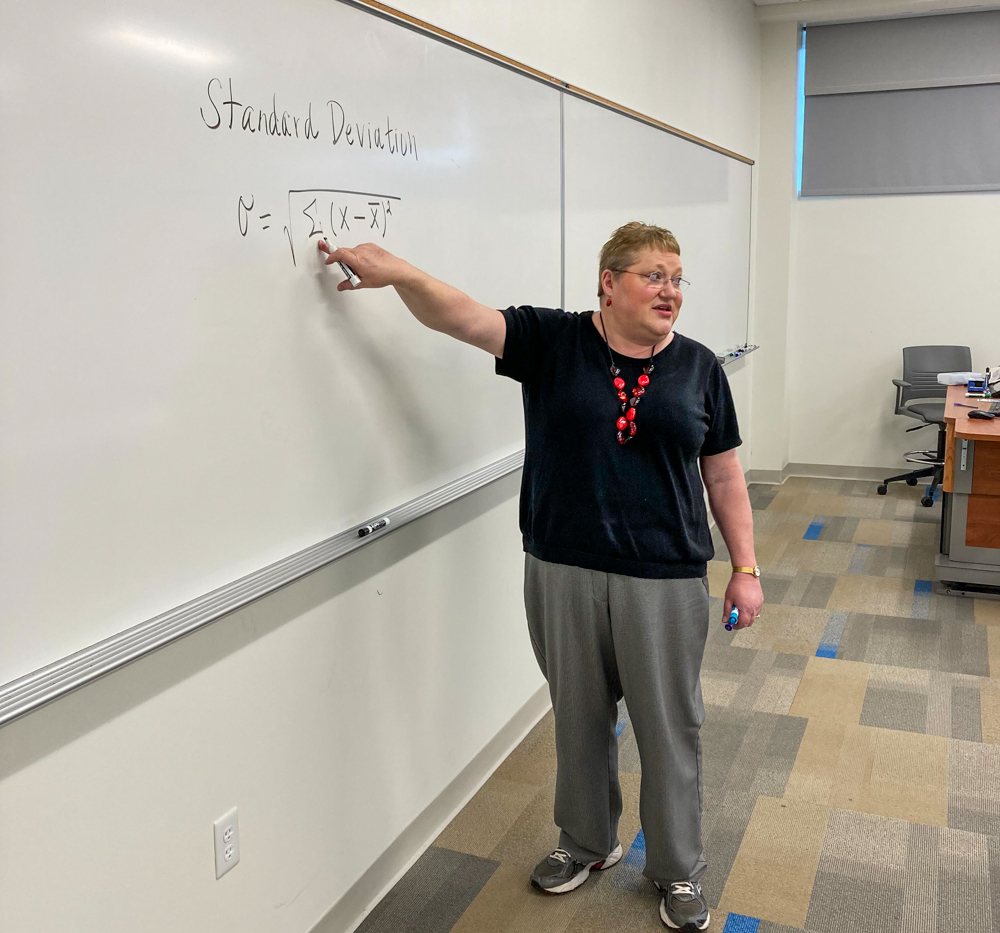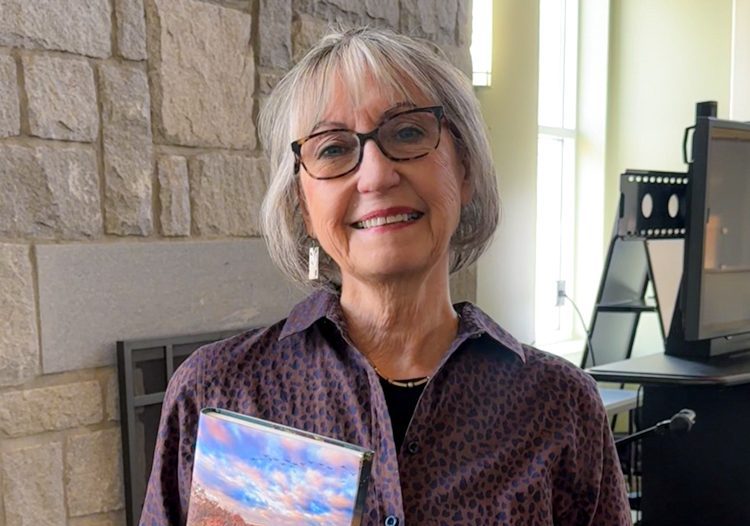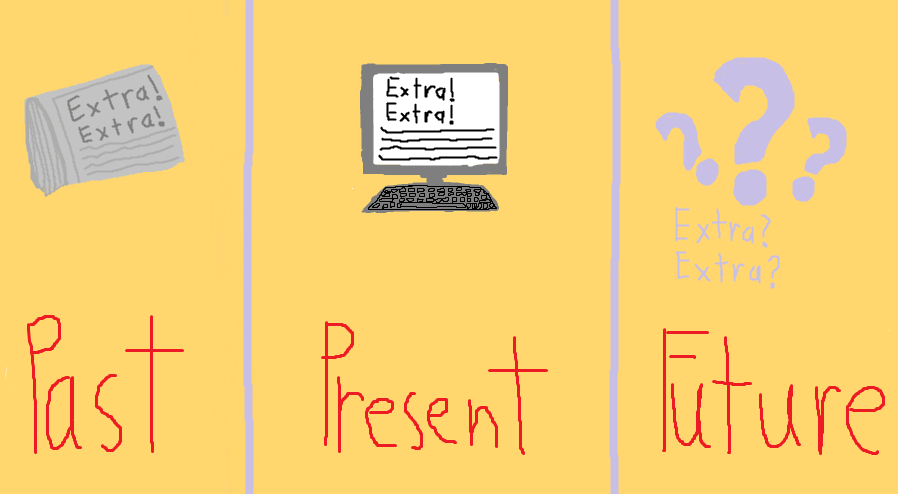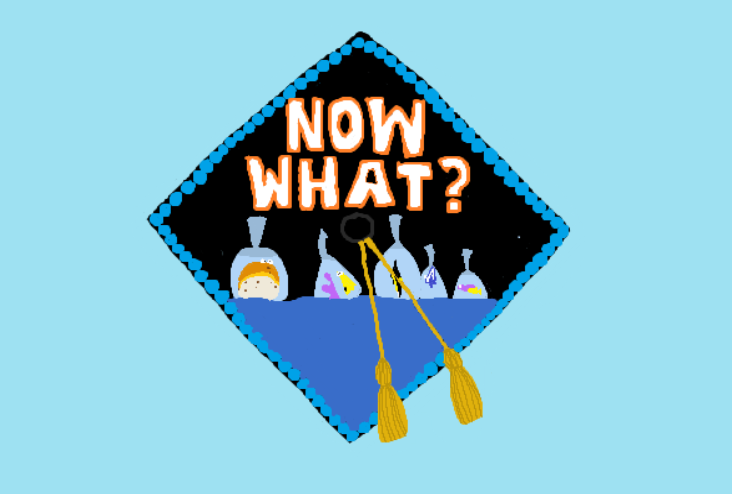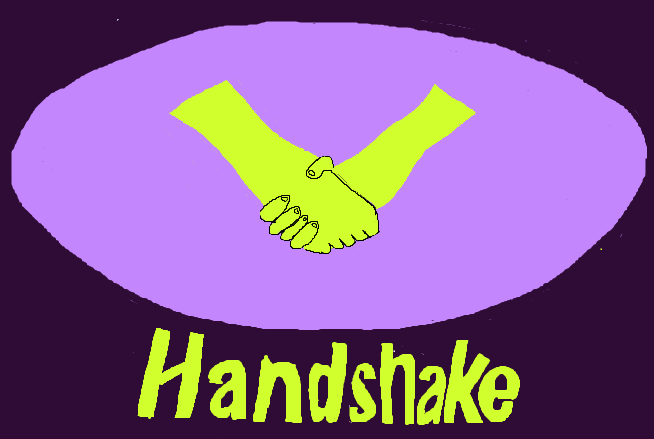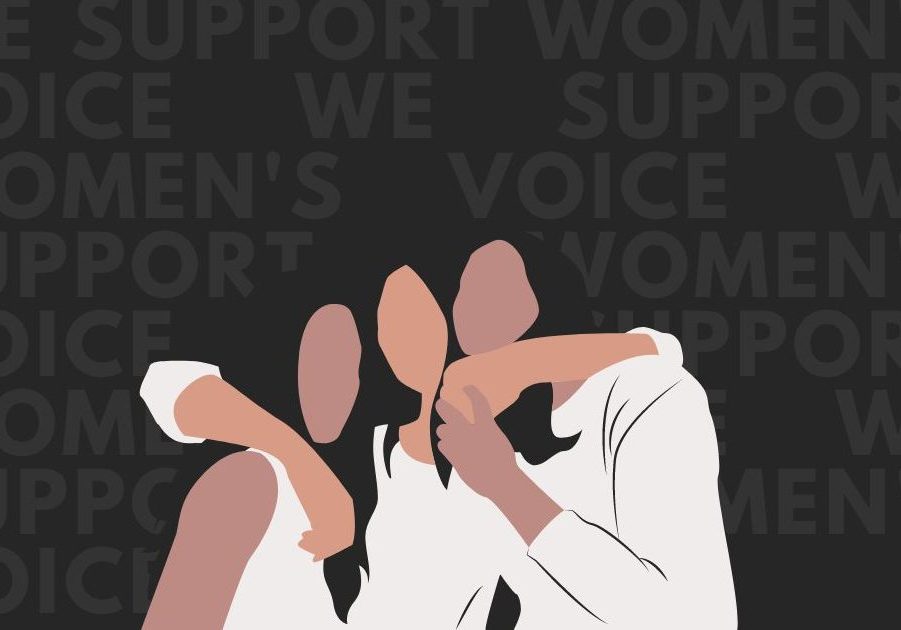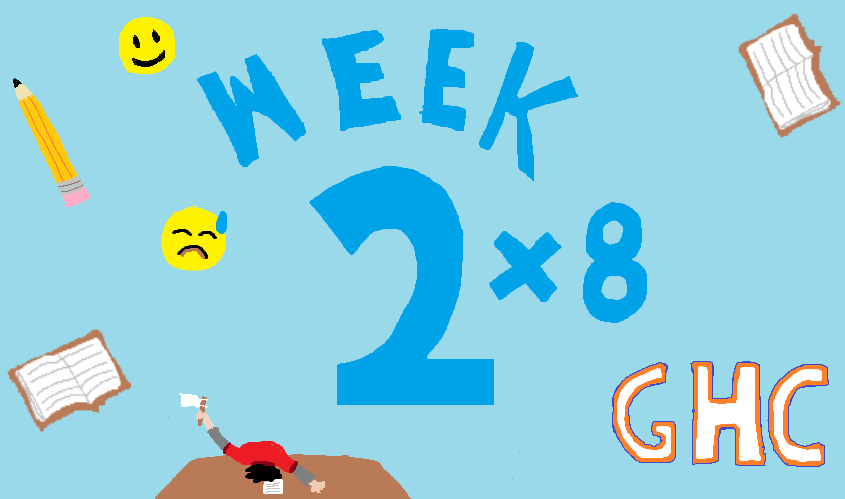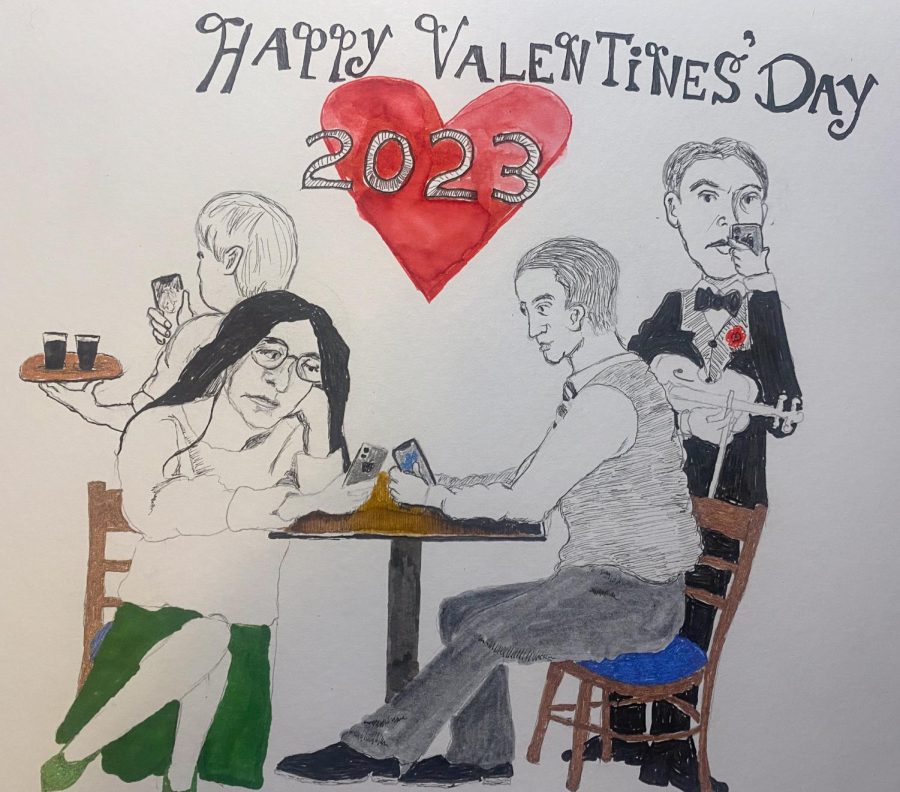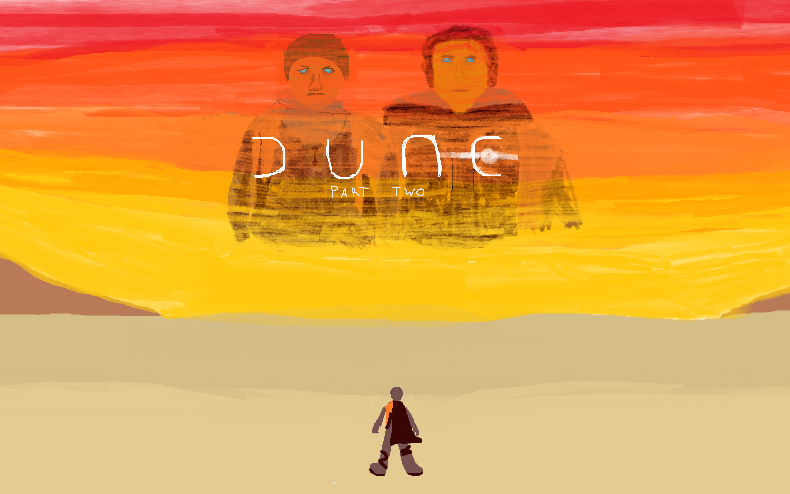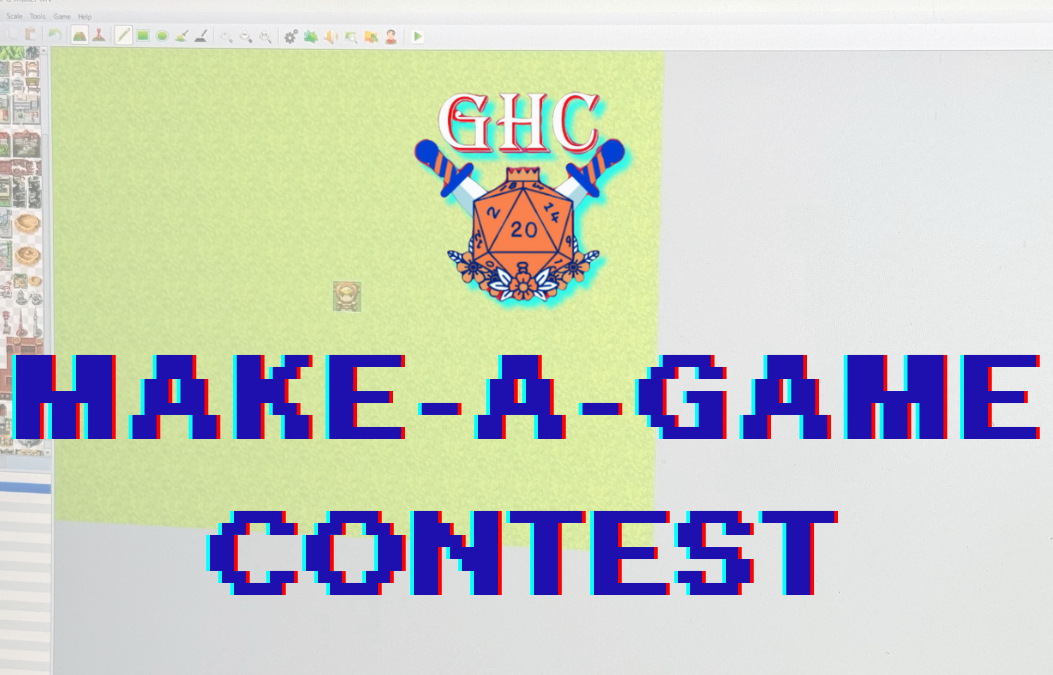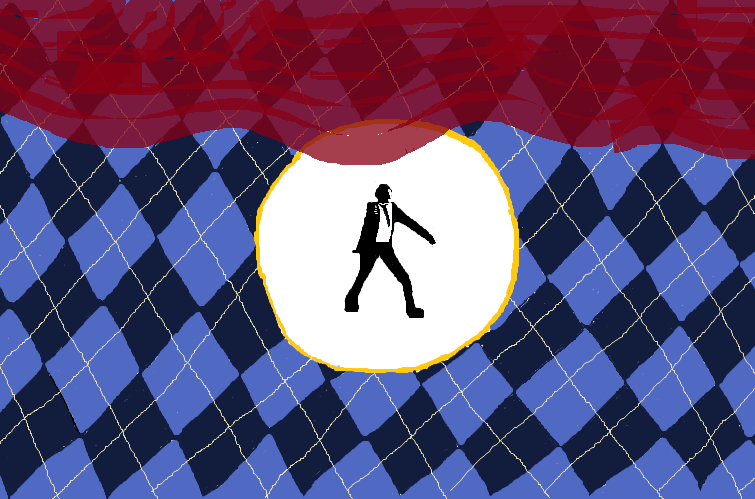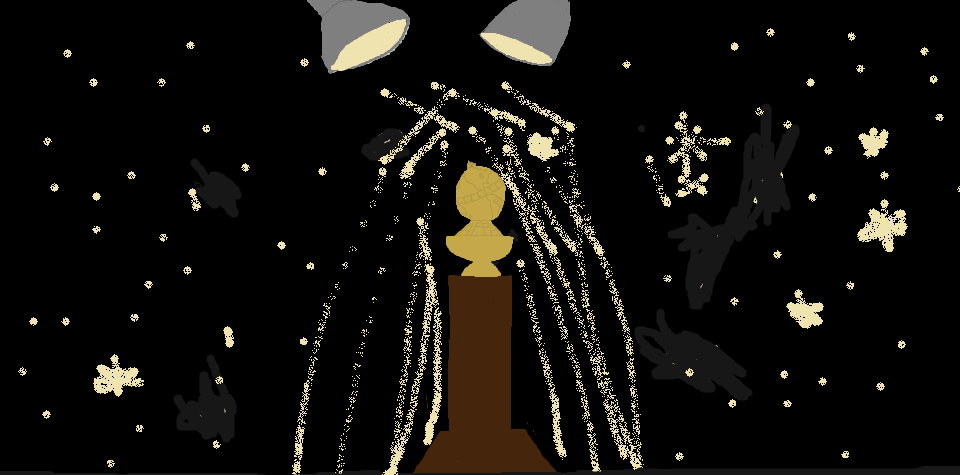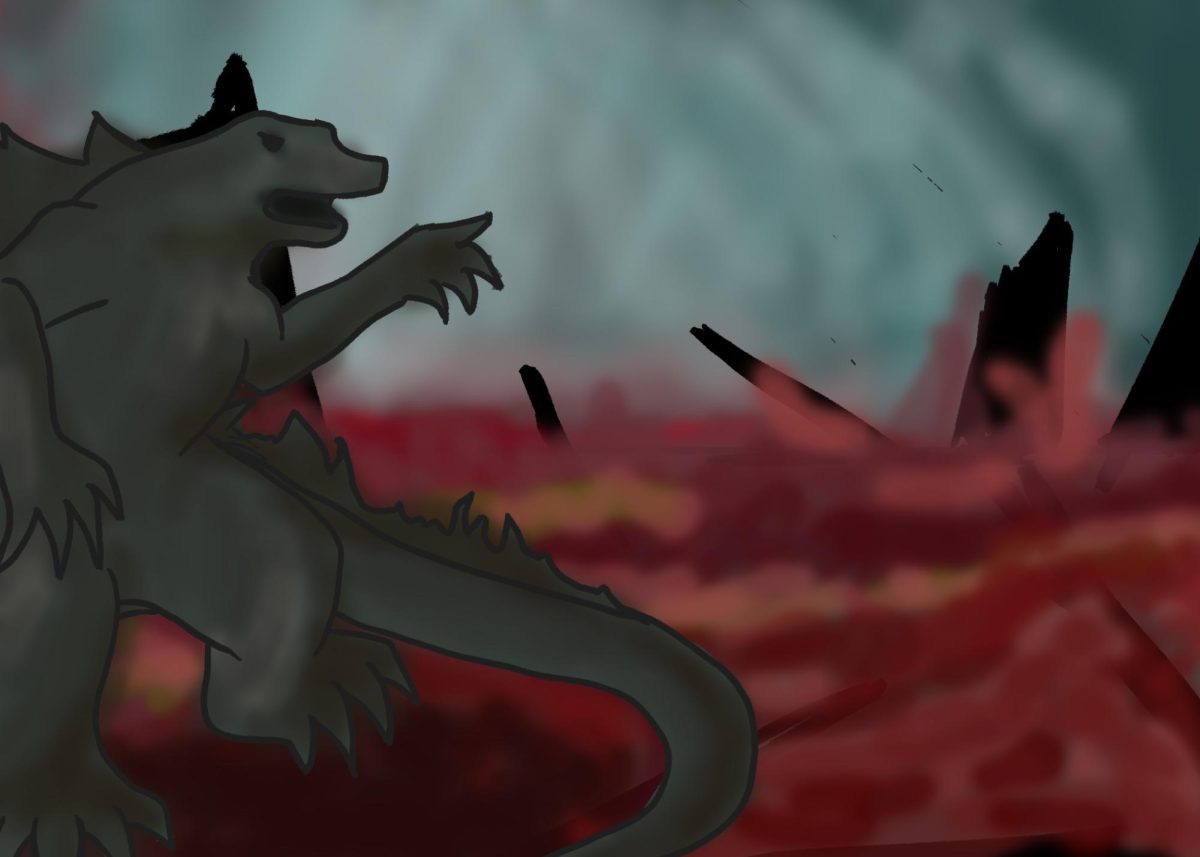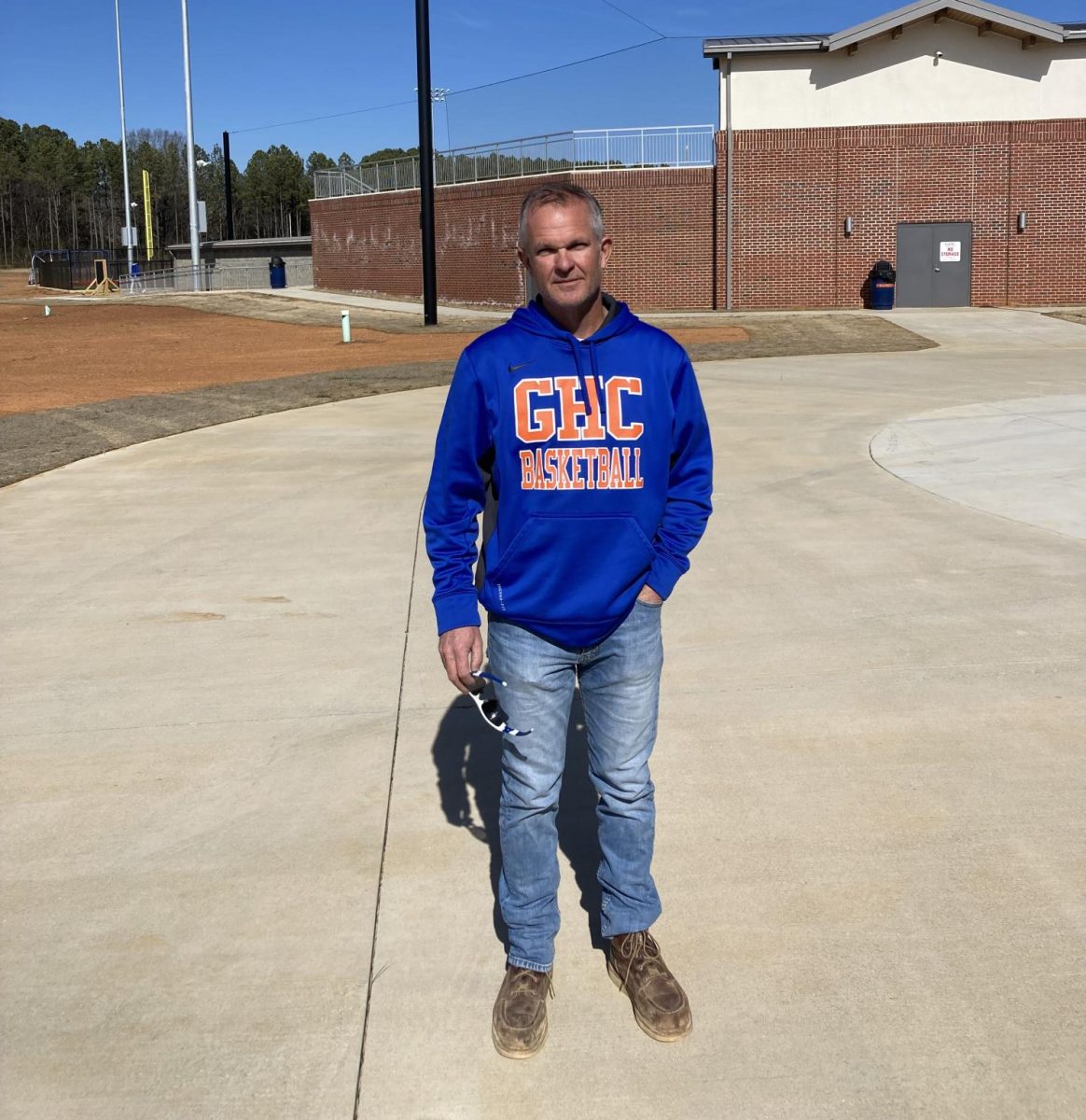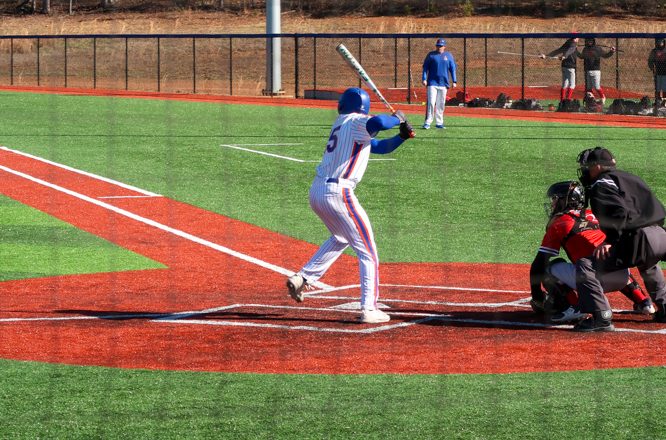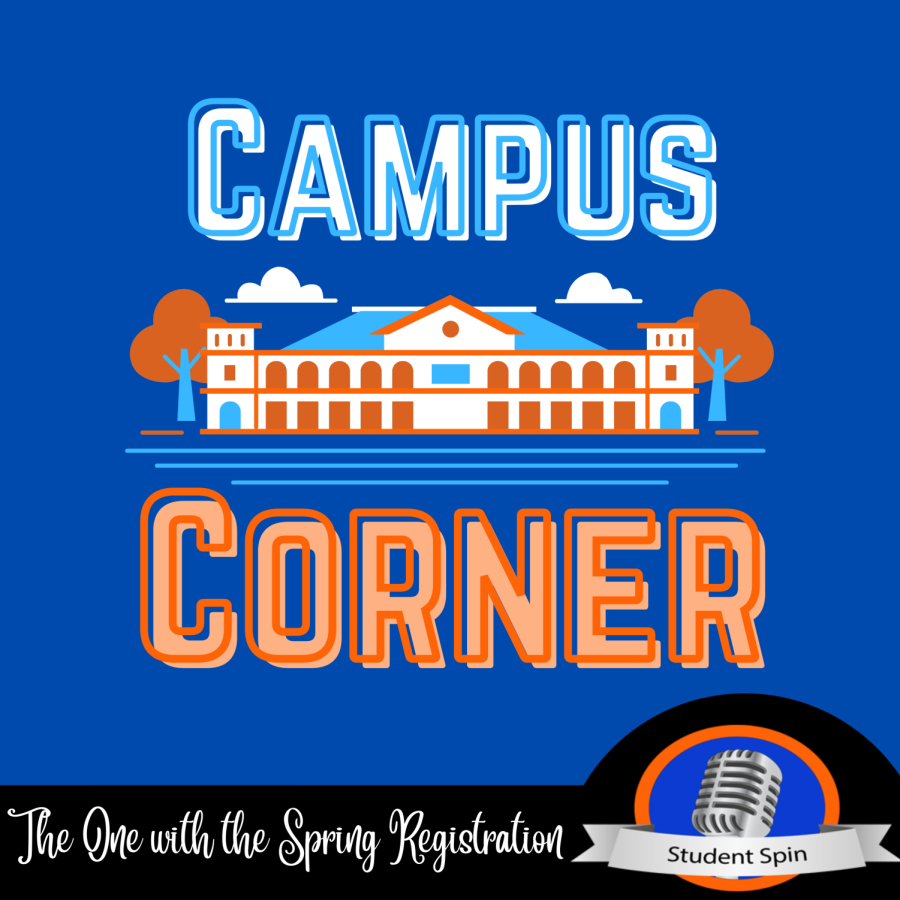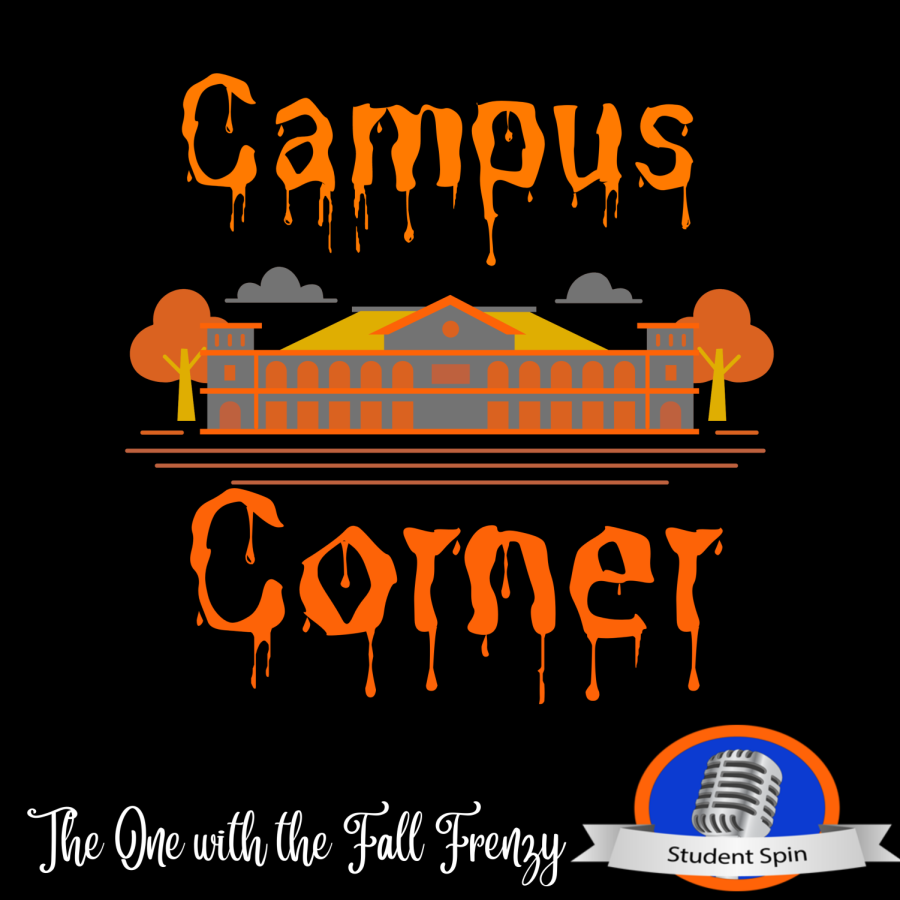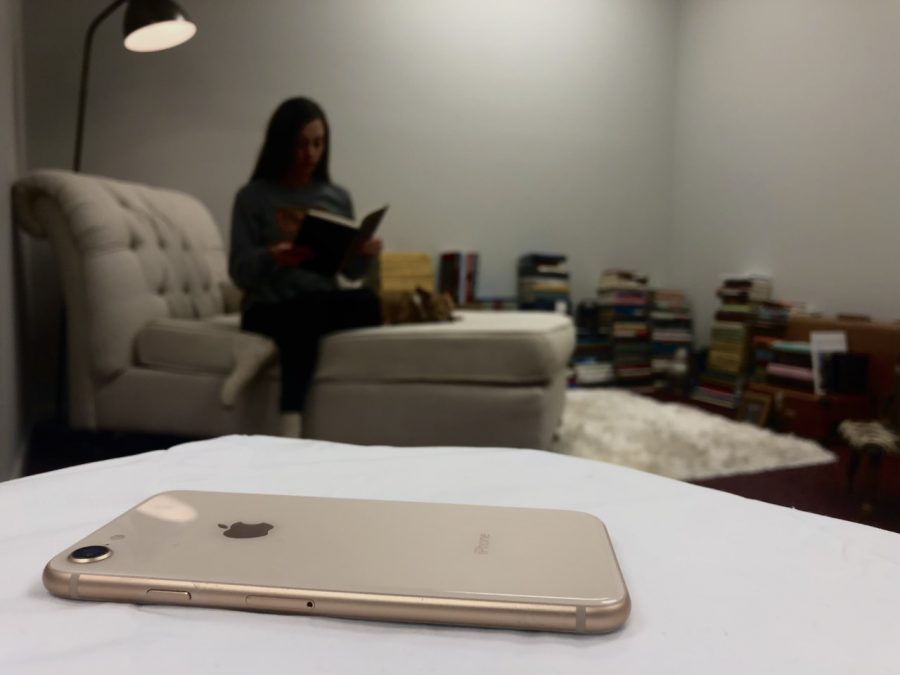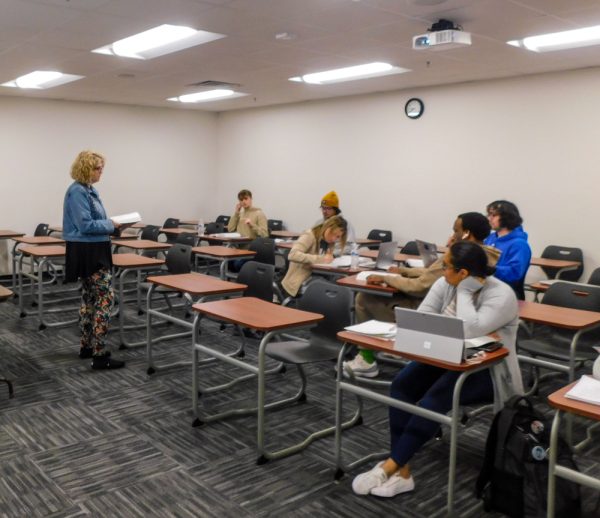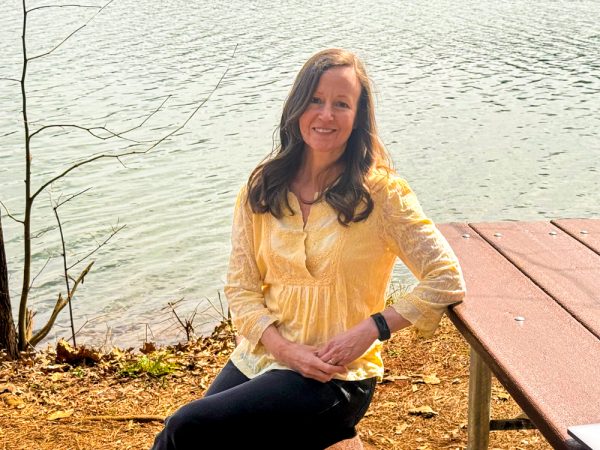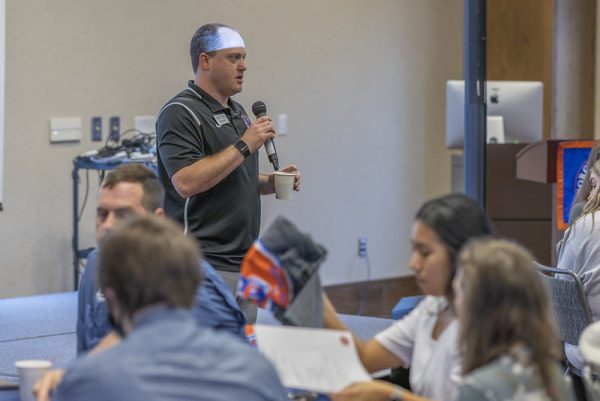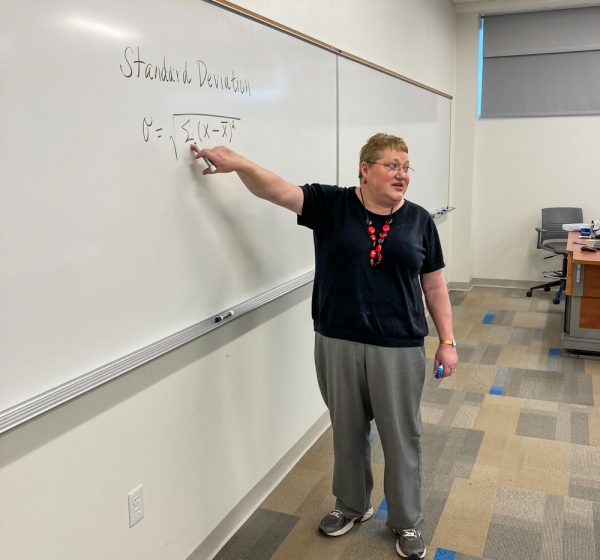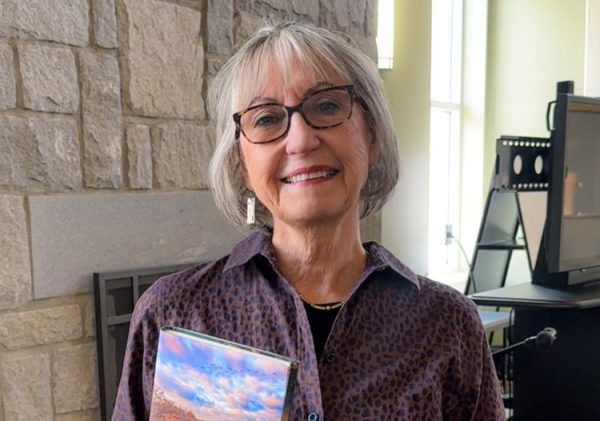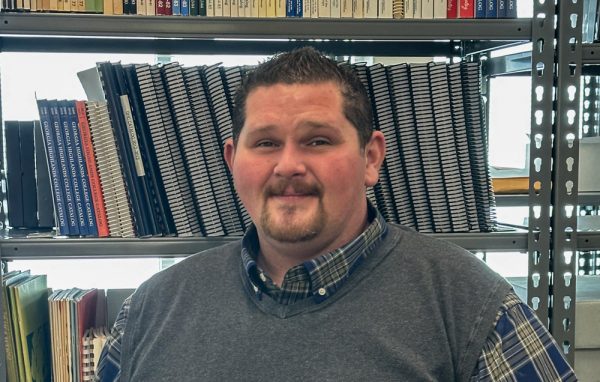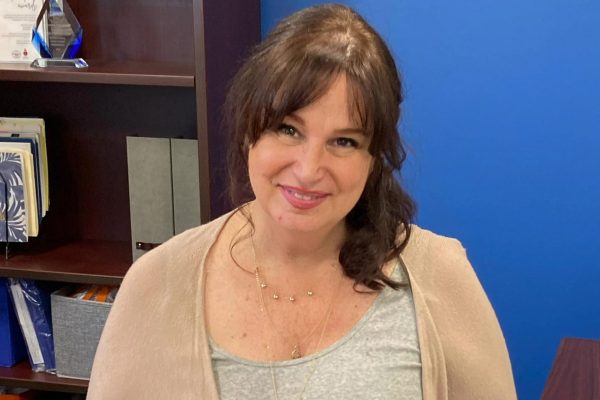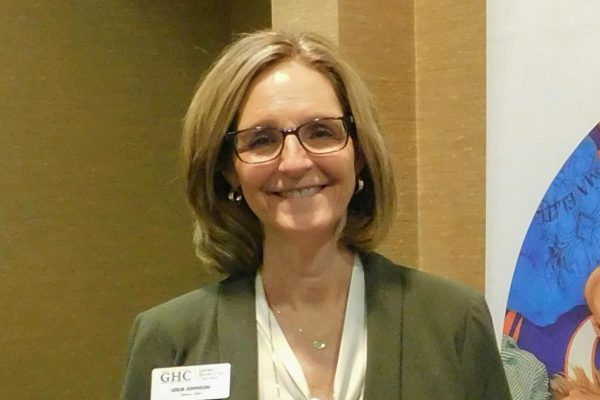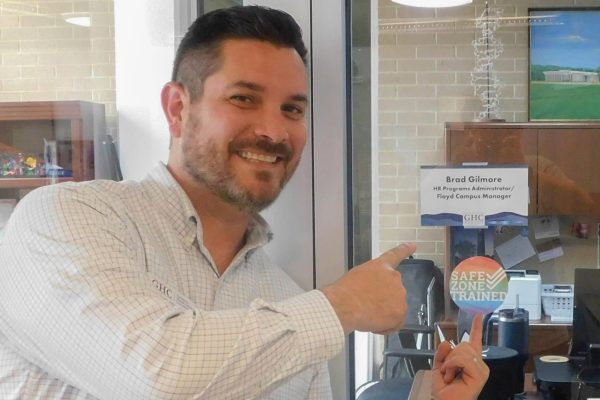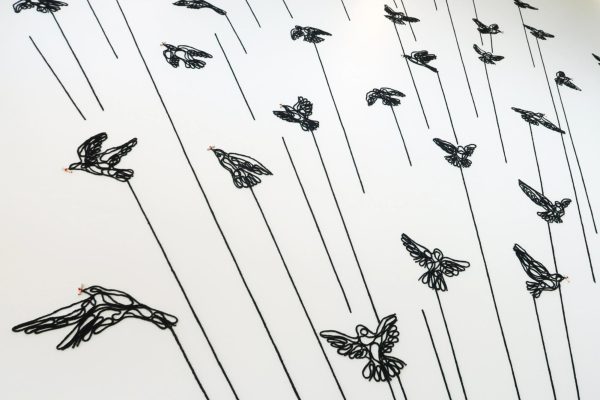The narrative now: When the disconnect becomes a reconnect
Photo contributed by Olivia Fortner
Olivia Fortner enjoys reading from an old collection of books rather than scrolling social media.
I have a feeling there’s going to be a hard rebound when the word “quarantine” becomes nothing more than a distant memory. We will swing back, but we’re going to go further than what was normal. Our habits will mirror the age before iPhone.
Technology has kept us connected through Zoom calls and virtual meetings. But it’s a double-edged sword. We’ve tried hard to stay connected, but talking through a screen is not the kind of connectedness we were created for. I’ve found myself longing to disconnect digitally, and I think it’s because I need that physical reconnection.
According to a survey by Common Sense Media, “54 percent of teen social media users agree that it often distracts them when they should be paying attention to the people they’re with.”
I’m tired of my phone, and I don’t want to watch Netflix. I’m being drawn back to things of old. I find myself reading Louis L’Amour western novels my grandfather used to collect. I’m no longer playing DuoLingo to learn French. Instead, I’m learning Teeline Shorthand after my grandmother tells me she used to scribble out the code faster than anyone in her class.
Just the other day, I was searching for a podcast about local history and documentaries. I couldn’t find exactly what I was looking for. Later that week I stayed with my grandmother. We talked for hours about how life was when she was growing up. Her mind spilled with memories.
As I learned about her early life and followed her story through the decades, I thought to myself, this is exactly what I wanted to listen to. When I am searching for a podcast interview, no episode can be as personal as one that I’m tied to. It resonates with me because her story leads into my story.
A pandemic is strange. My loved ones aren’t being drafted off to war. No one is handing them weapons and sending them to foreign soil. The enemy has landed here — in our home. It’s floating through the air and seems to have no rhyme or reason. This is an invisible enemy with a double-battle. There is a biological and psychological war on.
A virus is making people physically sick. But there is also an undeniable fight for our minds. As reported by the CDC, “U.S. adults reported considerably elevated adverse mental health conditions associated with COVID-19.”
Maybe it’s time to look at the devices of the war and realize they are the devices in our hands. It will take more than a vaccination to win this battle.
I did have some unique opportunities during quarantine. When we only had church online, I was among the few still able to go to campus twice a week. I am a part of the media team and praise team. I learned about video and the virtual church experience, but singing to rows of empty seats is different.
This has taught me adaptability and I like to think I’ve gained the characteristic of resilience through it all.

